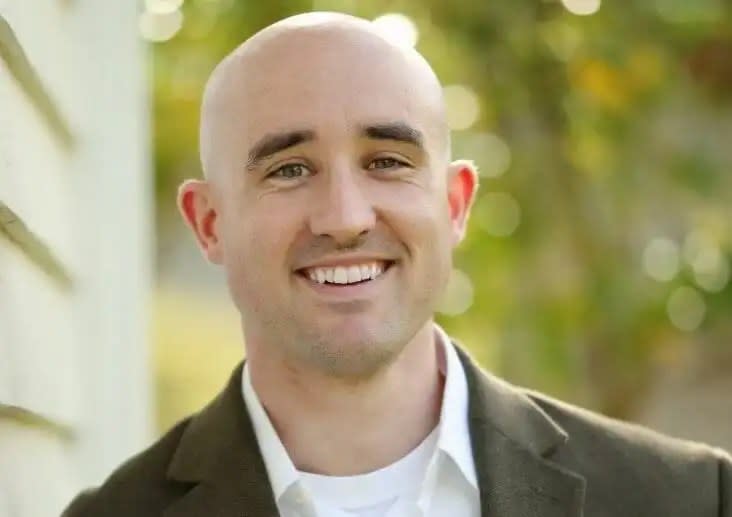
I’m 77 years old and I requested my 401(k) fund administrator to prepare my RMD. I was told I do not have to withdraw my money if I am still employed. Please confirm if this in fact an IRS rule or that of the fund management company?
-Bea
That is correct, Bea. If you are still employed, you do not have to take a required minimum distribution (RMD) from your current 401(k) regardless of your age, as long as your employer doesn’t require it. That is in fact an IRS rule.
RMD requirements depend on your age, the account type and whether or not you are still employed. There have been some changes to these rules recently, so let’s review the minimum distribution requirements. (And if you need help with retirement planning, including RMDs, consider speaking with a financial advisor.)
What Are RMDs and When Are They Mandated?


The IRS won’t let you leave your retirement savings in tax-deferred accounts indefinitely. Instead, the government requires you to withdraw a certain amount of money from your accounts each year. How much you’re mandated to withdraw is based on your age and how much money was in your account at the end of the previous year.
Before the SECURE Act of 2019, RMDs started at age 70 ½. However, the law increased the RMD age to 72.
That increase was short-lived, though. The SECURE Act 2.0 raised the RMD age to 73 beginning in 2023 and set it to increase to 75 in 2033.
You are required to take an RMD from most tax-advantaged retirement accounts with the exception of Roth IRAs.
Under prior law, designated Roth accounts within employer-sponsored plans like Roth 401(k)s and Roth 403(b)s were still subject to RMD rules. However, the SECURE Act 2.0 addressed this shortcoming, and beginning in 2024 no Roth accounts will be subject to age-based RMDs. I specify “age-based” here to acknowledge the fact that inherited Roth accounts are still subject to the 10-year rule. (And if you have other retirement-related questions, this tool can help match you with potential financial advisors.)
Are You Still Working?


Here lies the exception that applies to you. If you are still employed then you don’t have to take RMDs from the plan that your current employer sponsors.
However, even if you are still working then you must still take RMDs from:
So, if you have a 401(k) from a former employer, you’ll need to make sure that you’re taking RMDs from that account. A good workaround for avoiding RMDs for an old account is to simply roll those funds over into your current plan if you are allowed. (And if you need help planning your RMDs, consider working with a financial advisor.)
Bottom Line
Since you are still employed, you are not required to take an RMD from your current employer’s retirement plan. RMDs also don’t apply to Roth accounts. However, you still need to take an RMD if you still have a retirement account from a former employer.
Tips for Finding a Financial Advisor
-
Finding a financial advisor doesn’t have to be hard. SmartAsset’s free tool matches you with up to three vetted financial advisors who serve your area, and you can have free introductory calls with your advisor matches to decide which one you feel is right for you. If you’re ready to find an advisor who can help you achieve your financial goals, get started now.
-
Consider a few advisors before settling on one. It’s important to make sure you find someone you trust to manage your money. As you consider your options, these are the questions you should ask an advisor to ensure you make the right choice.
-
Keep an emergency fund on hand in case you run into unexpected expenses. An emergency fund should be liquid — in an account that isn’t at risk of significant fluctuation like the stock market. The tradeoff is that the value of liquid cash can be eroded by inflation. But a high-interest account allows you to earn compound interest. Compare savings accounts from these banks.
Brandon Renfro, CFP®, is a SmartAsset financial planning columnist and answers reader questions on personal finance and tax topics. Got a question you’d like answered? Email AskAnAdvisor@smartasset.com and your question may be answered in a future column.
Please note that Brandon is not a participant in the SmartAsset AMP platform, nor is he an employee of SmartAsset, and he has been compensated for this article.
Photo credit: ©iStock.com/LumiNola, ©iStock.com/FG Trade
The post Ask an Advisor: I’m 77 and Still Working. Is it True That I Don’t Have to Take RMDs? appeared first on SmartReads by SmartAsset.















